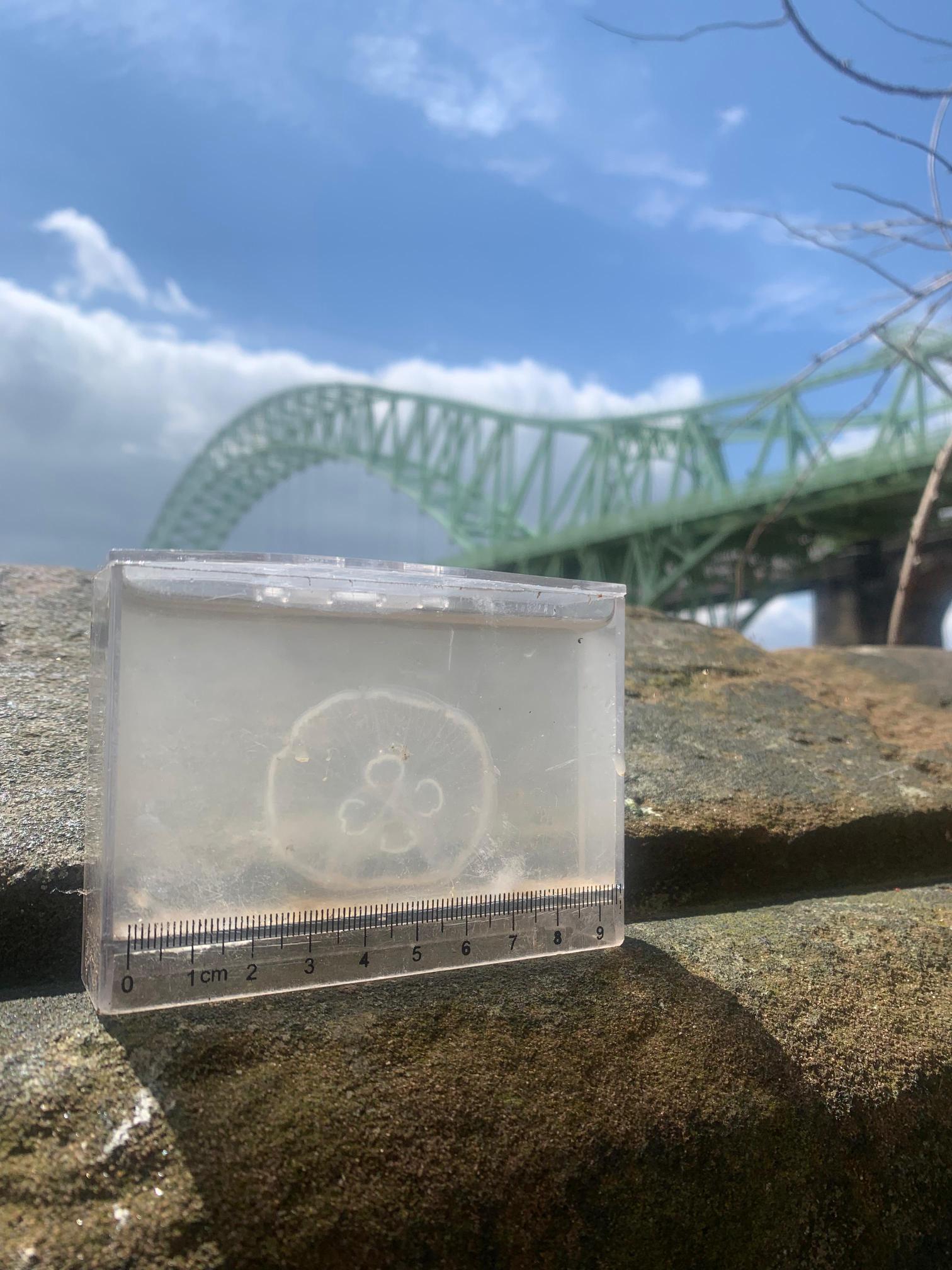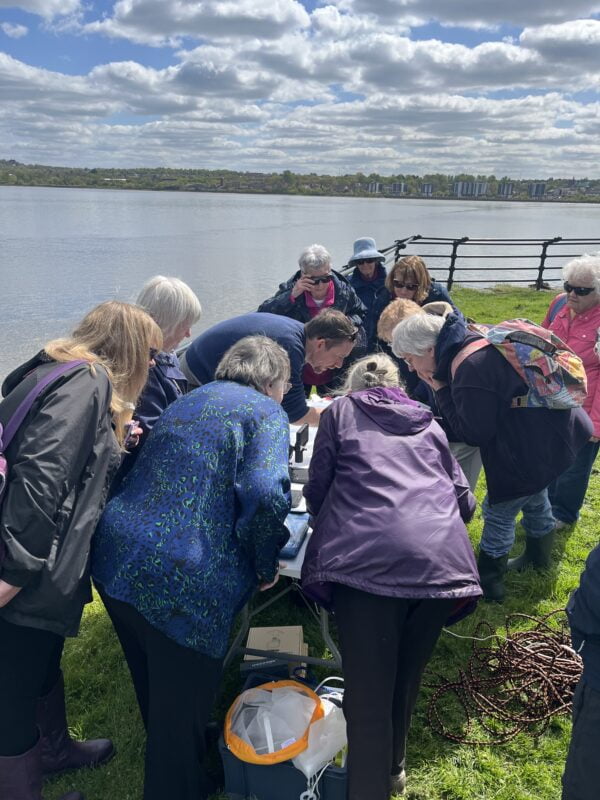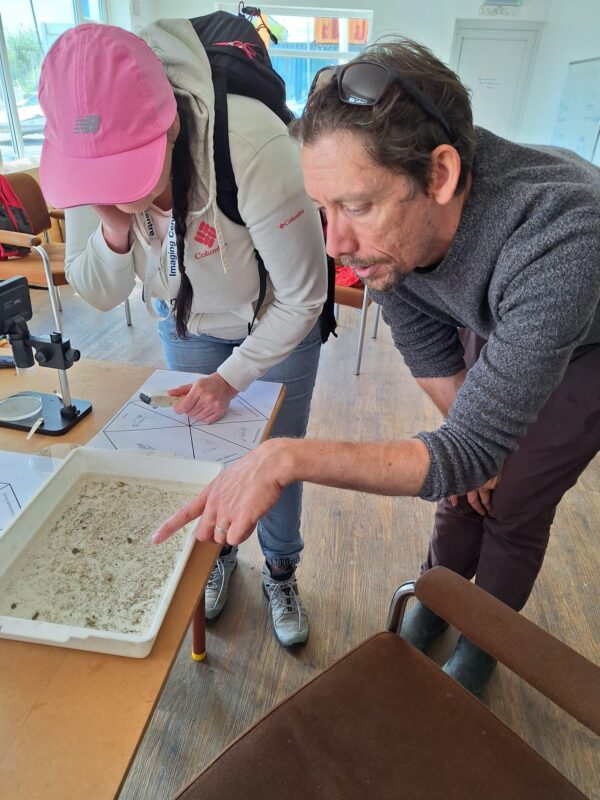
Each year, TEP’s Environment Grant provides funding for local initiatives that raise awareness of environmental issues, advance the environmental profession, and align with our core values.
In 2023, one of our grant recipients was the Mersey Gateway Environmental Trust (MGET), an independent charity established in 2010 to support the conservation and improvement of the Upper Mersey Estuary and surrounding areas. Their project focused on assessing and monitoring the aquatic biodiversity of the estuary, particularly planktonic fish and invertebrates.
With the help of our grant, MGET staff, along with community volunteers, conducted ichthyoplankton surveys at three locations along the river. The initial findings indicate that the River Mersey serves as an important nursery for fish and invertebrates. Despite the historical alterations to the river, it continues to support a diverse aquatic ecosystem.
To date, MGET has recorded over 1,000 individual organisms representing 19 different species of invertebrates and vertebrates. Among these findings are several species previously unrecorded in the upper estuary, including post-larval European bass found 17 to 20 miles inland. These fish are estimated to be around 50-60 days old and are likely from an unprotected spawning population in the Irish Sea, highlighting the need for greater protection of the river’s transitional habitats. The data from these surveys will also inform the Mersey Tidal Power Project, ensuring appropriate mitigation and remediation measures are considered in future planning.
MGET organised three community engagement days, attracting significant local participation. The project received coverage in local newspapers, and feedback from attendees was overwhelmingly positive, with many expressing surprise at the river’s biodiversity. MGET plans to continue these events over the next five years.


Looking ahead, MGET’s work will help monitor the river’s health and foster collaborations with both statutory and non-statutory bodies to enhance biodiversity and water quality. In 2025, they plan to publish a free downloadable field guide on the common invertebrates and vertebrates of the estuary, making this valuable information accessible to the public.
We’re thrilled to see our funding supporting such impactful work!








